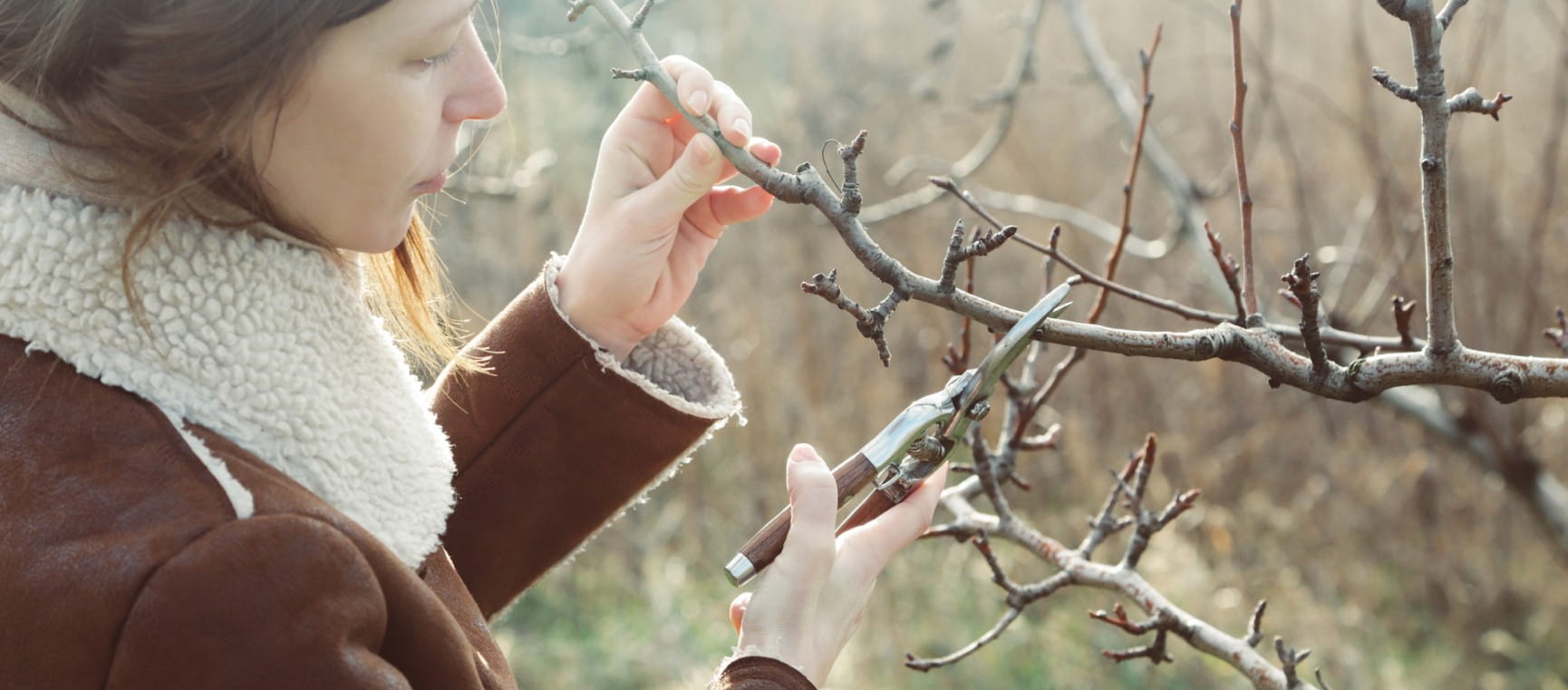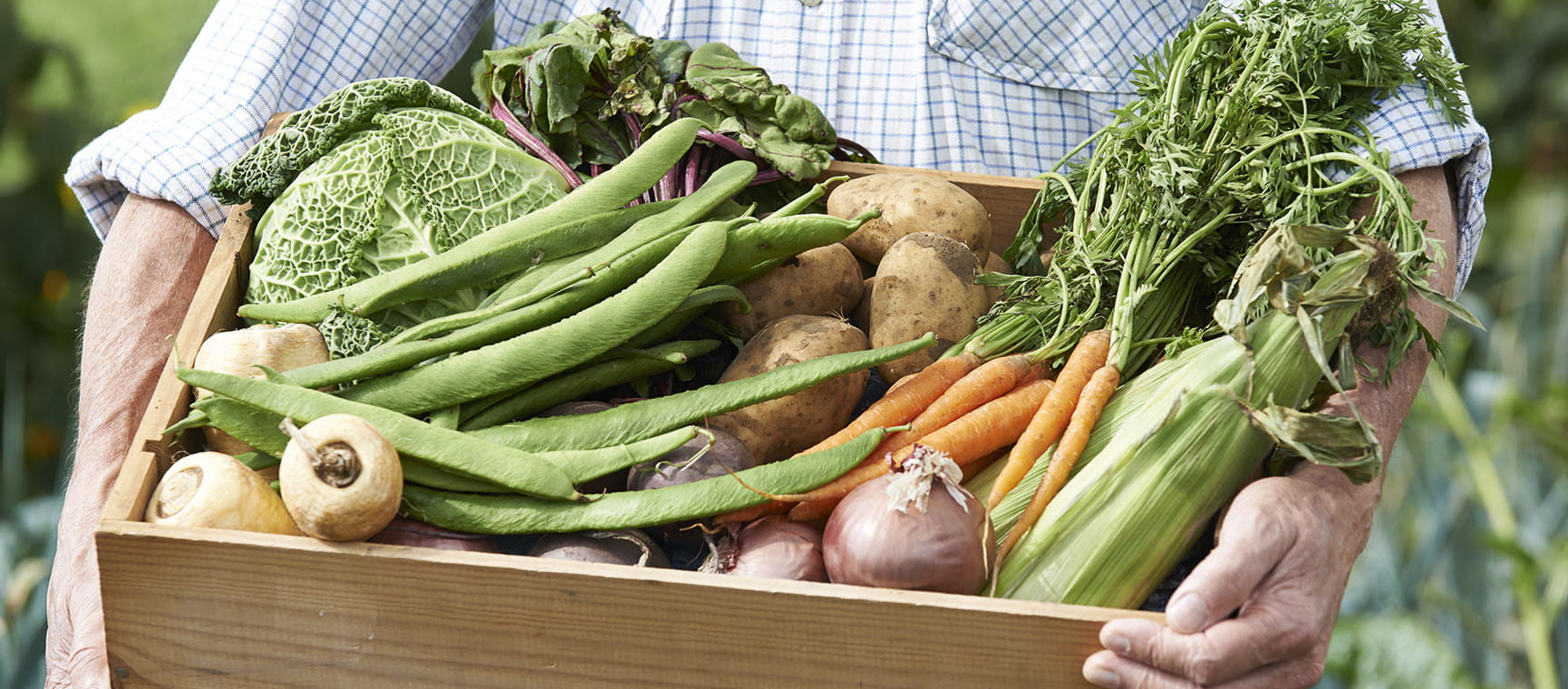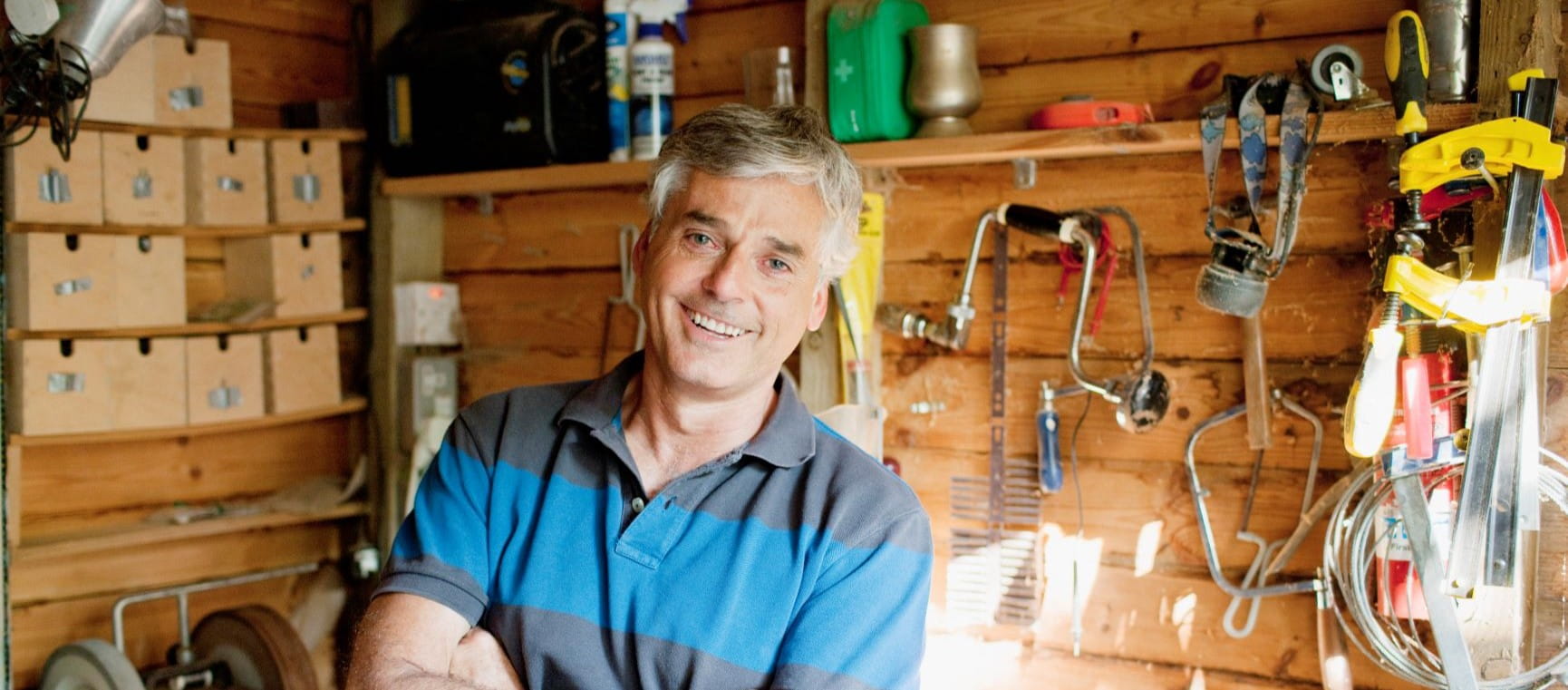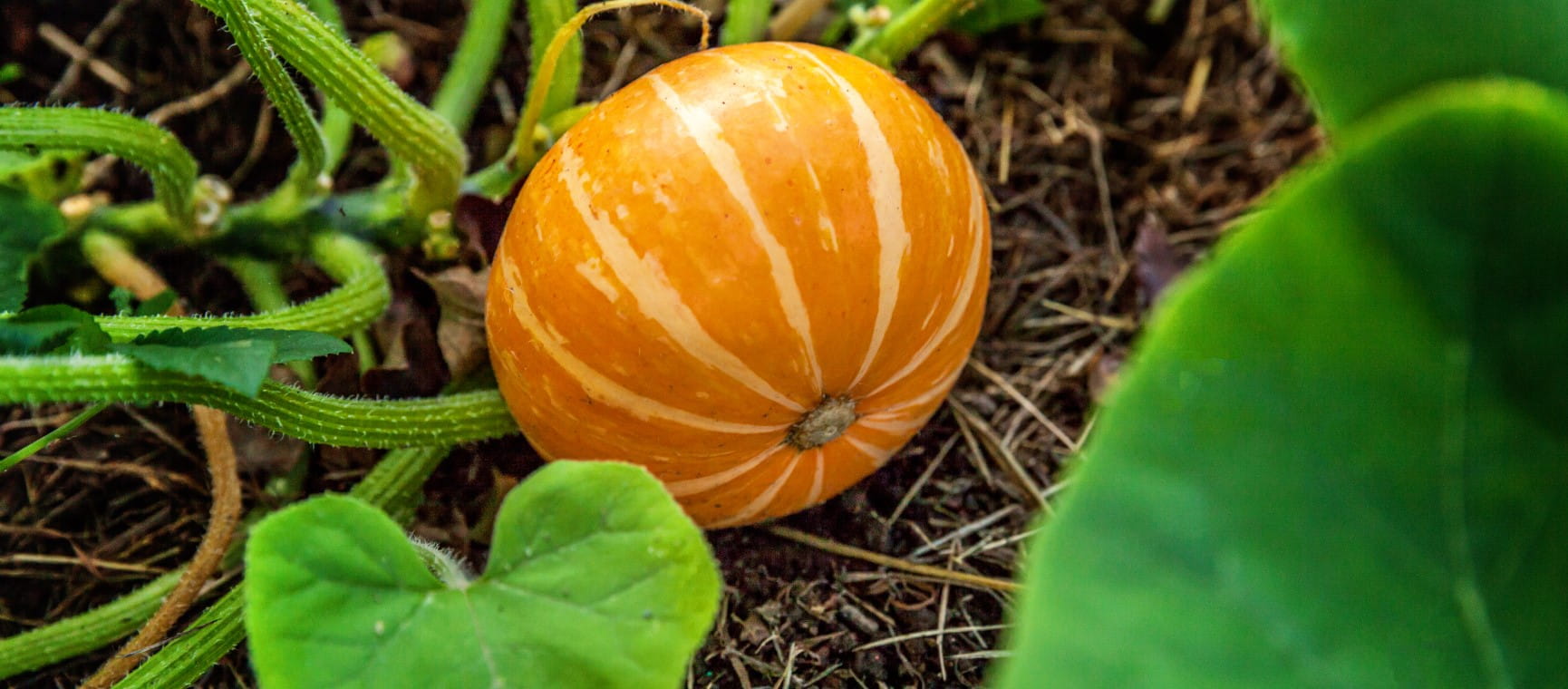Gardens
Gardening and landscape design ideas to help you make the most of your outdoor living space.

Celebrate snowdrop season with 6 of the best places to see them

Jobs for the garden in January
January isn't a time to put your feet up if you want to get ahead in your garden.

How to deal with waterlogged soil in your garden
The best ways to improve soil drainage and choose plants that thrive in damp conditions.

How to plant bare-root roses, trees and hedging

How to grow your own vegetables - with tips from the gardening experts
Nothing beats home-grown food for taste, value and nutrition - here experts share their advice to save you time and effort.

The 10 best plants to attract birds into your garden

Can you grow hydrangeas in pots? Here's the lowdown
Can you grow hydrangeas in a pot? We take you through the best ways to successfully grow potted hydrangeas

The best new rose varieties to grow
Our pick of the latest rose varieties cultivated by some of the UK’s most prestigious growers.

Celebrate snowdrop season with 6 of the best places to see them

Balcony ideas to transform the tiniest space

Give your garden shed a winter tidy - 5 steps to clean and declutter

Jobs for the garden in October

Our choice of the 10 best gardens to visit this Easter
Keen to get outdoors? We round-up our 10 favourite gardens for a springtime visit.

For a limited time, enjoy 3 issues of Saga Magazine for just £1. Receive the next 3 print editions delivered direct to your door, plus 3 months’ unlimited access to the Saga Magazine app—perfect for reading on the go.
Don’t miss your chance to experience award-winning content at an exceptional price.
Play our free daily puzzles
Beat the boredom and exercise your mind with our selection of free puzzles.




